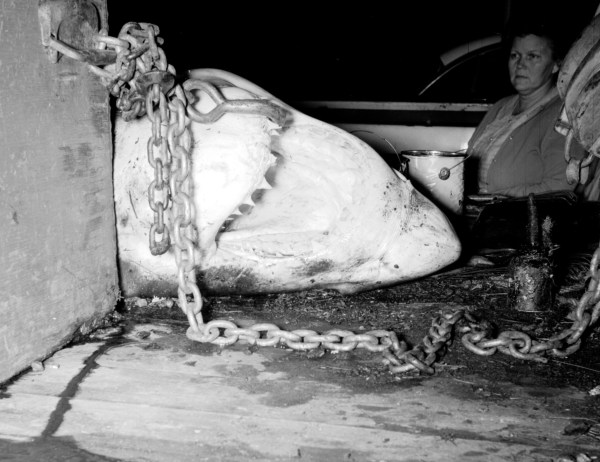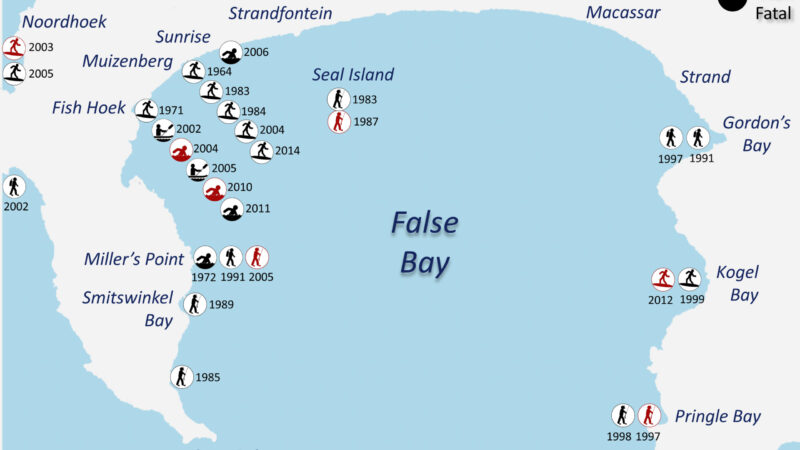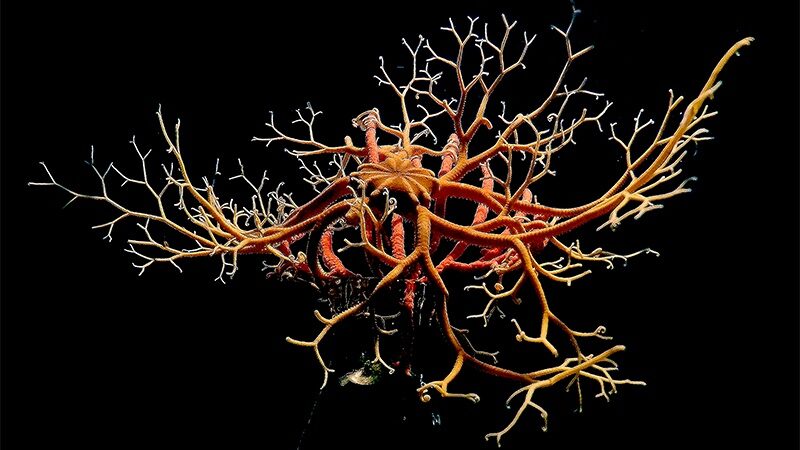The New York City woman killed in Monday’s shark attack in the water off Harpswell is believed to be only the third person killed by a shark in New England since 1936.
Monday’s attack came nearly two years after New England’s last fatal shark attack, which happened off the coast of Cape Cod.
In September 2018, a 26-year-old college student from Revere, Massachusetts, was attacked by a suspected great white shark while body-boarding off Wellfleet, but died after making it back to shore, according to Yankee magazine. Before that, a 16-year-old boy was attacked off Mattapoisett, Massachusetts in July 1936.
The appearance of large sharks in New England waters — and especially off the coast of Maine — generally is considered rare, though smaller shark species such as dogfish are common in the Gulf of Maine. There have been great white shark sightings in Maine.
Maine Department of Marine Resources Commissioner Patrick Keliher said Tuesday that a great white shark was responsible for Monday’s killing. Keliher said historical records show that sightings of great whites in the Gulf of Maine date back to the 1800s.
There is a long history of summertime shark sightings along the Maine coast, but some believe they are becoming more frequent as water temperatures increase in the Gulf of Maine. Some of those encounters have been caught on camera.
In 2010, a commercial diver recording underwater video for Cooke Aquaculture off Eastport had an encounter with a porbeagle shark — a species more accustomed to colder temperatures than other sharks — that appeared to be more of an attack on the diver’s camera than on the actual diver. Sharks are highly sensitive to electric signals, including those given off by camera batteries, and so have been known to shadow divers who have electronic equipment in tow.
Jeff Nichols, spokesperson for the Maine Department of Marine Resources, said Tuesday there has been no indication that the victim in Monday’s attack had a camera or other underwater electronic device with her in the water.
In 1960, a man killed a great white shark off Rockport with a harpoon after the shark, estimated to weigh 1,000 pounds, attacked and killed the man’s pet seal near Mark Island.

There have been several shark sightings over the years in Passamaquoddy Bay, which lies mostly in the Canadian province of New Brunswick but is bordered by Maine along its western shore.
In 2014, a passenger on a tour boat based out of St. Andrew’s, New Brunswick, captured video of a great white shark in Passamaquoddy Bay. A passenger on another St. Andrew’s tour boat last year recorded video of a shark attacking and killing a seal. In 2018, a Canadian couple reported being followed by a great white shark while paddling a canoe through the bay.
There also have been great white sharks detected off Nova Scotia, on the eastern side of the Gulf of Maine, in recent years by the marine research organization Ocearch. The most recent report of a fatal shark attack in that province, by an unidentified species, occurred in Halifax Harbour in 1891. In 2000, an urchin fisherman was attacked but unharmed by a suspected porbeagle shark off the province’s west coast in the Bay of Fundy.
One reason the number of great white sightings seem to be increasing on both sides of the Gulf of Maine in summer is because of the gulf’s seal population, which is believed to be on the rise, according to experts. Scientists and fishermen have said that though shark sightings are rare, they are not surprising, given sharks’ large coastal territory and the gulf’s food supply.
Besides great whites and the ubiquitous dogfish, other types of sharks that have been seen off Maine’s coast over the years include basking, sand, tiger, mako, thresher and blue sharks.
According to Yankee magazine, the first recorded killing of a human by a shark in New England occurred on July 12, 1771, when a fisherman was killed off the coast of Massachusetts Bay. In the 165 years that followed, until 2018, there were just five more shark fatalities in all of New England, Yankee has reported.
Masslive reports that there have been fewer than two dozen shark attacks, fatal and otherwise, on humans in New England since the mid-to late 1700s.









Recent Comments